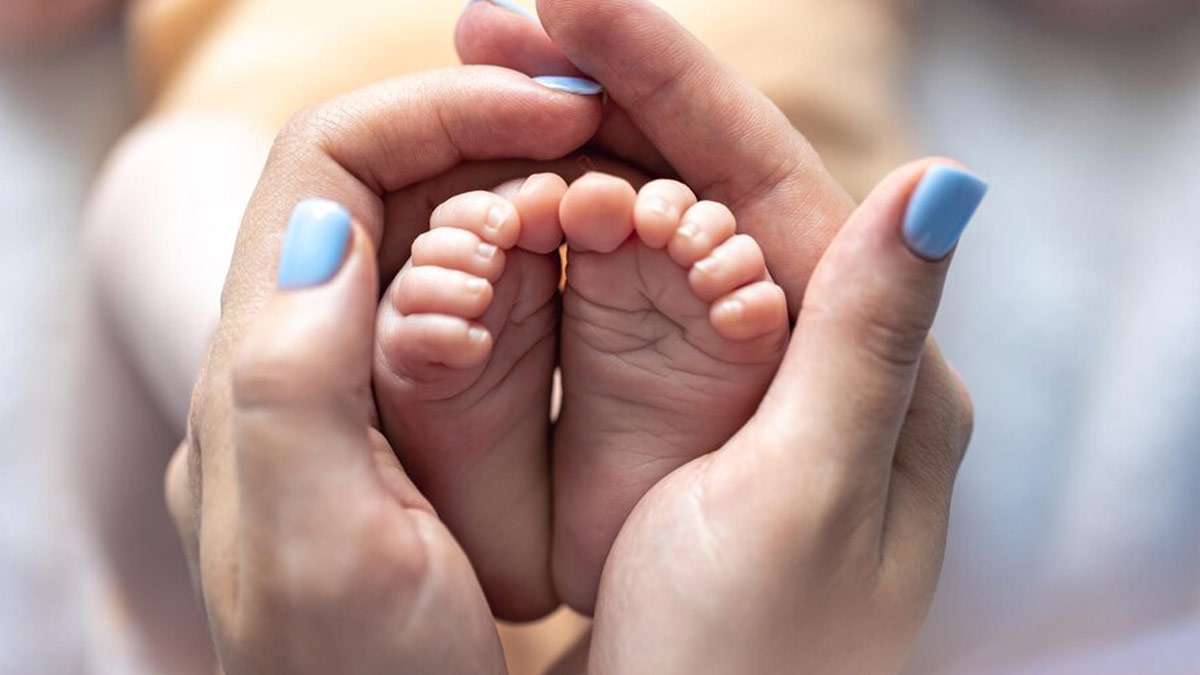
Infertility can be a challenging journey, fraught with complex emotions and unique challenges. Do you know women who eventually conceive after infertility treatments often experience a wide range of feelings throughout their journey, from initial struggles to successful conception?
Table of Content:-
“Fertility medications are used to stimulate egg production, so women undergoing IVF may experience more significant hormonal changes. Moreover, there are societal misconceptions to confront, such as concerns about the process's authenticity and the risks associated with multiple births. Even after the joyous news of a successful pregnancy, the emotional toll of infertility persists. Feelings of guilt, anxiety, and depression may linger, adding layers of complexity to the journey,” said Dr Prachee Kulkarni, Senior Fertility Consultant, Kukatpally, Ferty9 Fertility Centre.

Challenges Faced During Infertility Treatments
Physical and Emotional Toll
For those who have conceived through Assisted Reproductive Technology, according to BMC Women’s Health, psychological health was shown to be lowest throughout the first trimester and two months after birth of a baby.
Also read: PCOS, Obesity, And Infertility: Expert Explains Their Connection And What You Should Know
Infertility treatments such as IVF, hormone therapy, and others can be physically demanding and emotionally draining. Side effects from medications, multiple clinic visits, and invasive procedures can lead to physical discomfort and emotional stress.
Social Pressure and Isolation
Societal expectations about motherhood can place undue pressure on women experiencing infertility. This, coupled with the stigma around infertility, can lead to social isolation as women may feel misunderstood by friends and family or choose to withdraw from social interactions to avoid painful discussions about their experiences.
Relationship Strain
The stress of infertility can strain relationships with partners. Couples may experience different emotions and stress levels, which can lead to misunderstandings, conflict, or emotional distance.
Emotions After Successful Conception
Successfully conceiving after infertility treatments often brings immense joy and a profound sense of relief. This success can feel like the culmination of a long and arduous journey.

Anxiety and Worry
Despite the success, anxiety doesn't necessarily end with conception. Many women continue to feel anxious about the health of the pregnancy, the risk of miscarriage, and their future as mothers. This can be heightened by the medicalized nature of their conception journey.
Also read: Men's Health: 5 Potential Signs You May Be Facing Infertility
Mixed Feelings
While there is often joy, some women also experience complex feelings of guilt, especially if they have received support from communities of other women who are still struggling with infertility. There might also be lingering sadness over what they've endured, sometimes referred to as "survivor's guilt."
Changed Self-Identity
The transition from being unable to conceive to becoming pregnant can lead to a profound shift in identity. This can require a mental and emotional adjustment as women redefine themselves from someone struggling with infertility to an expecting mother.
What Women Can Do To Overcome With The Challenges
According to Dr Kulkarni, to cope with the emotional difficulties, seeking help through support groups, counselling, or confiding in friends and family is highly recommended. These pillars of strength offer solace and understanding. The initial three months of an IVF pregnancy demand additional monitoring and care, setting them apart from pregnancies conceived naturally. The heightened stress and worry, coupled with the overwhelming physical changes, can be emotionally taxing.
Precautionary measures, like maintaining a balanced and nutritious diet, avoiding high-impact exercises, and restraining from smoking and alcohol consumption, are crucial.
Women who conceive after infertility treatments often face a complex emotional terrain. Their journey doesn't simply end at conception; instead, it evolves into new forms of hope and fear. Understanding and supporting these women through both the physical and emotional challenges they face is crucial. Mental health support, compassionate care, and understanding from family, friends, and healthcare providers are key to helping them through their unique challenges and emotions.
Also watch this video
How we keep this article up to date:
We work with experts and keep a close eye on the latest in health and wellness. Whenever there is a new research or helpful information, we update our articles with accurate and useful advice.
Current Version